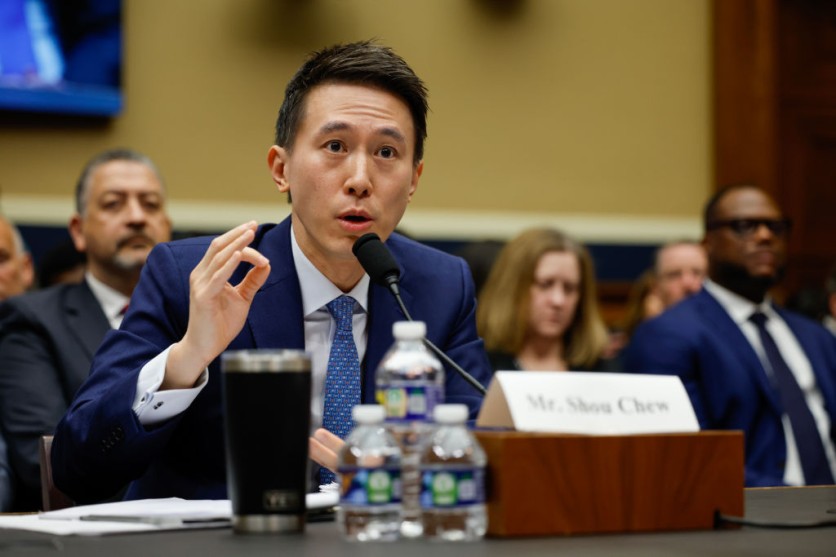TikTok is finally appearing in Congress to address its operations in the country, with its CEO Shou Chew and other executives joining in. However, the recent hearing became a significant one for TikTok's future, as lawmakers showed extreme concerns and sentiments against the app, particularly about its alleged ties to the Chinese government.

Some lawmakers and national security experts have raised concerns that the app could be used to gather sensitive information about American users and potentially be used for espionage purposes.
TikTok, CEO Faces Extreme Heat in Congress Hearing About US Ban
The Straits Times reported that TikTok and its CEO faced extreme heat in the Congress hearing about its company and app's ban in the US, with lawmakers throwing massive claims against them. CEO Shou Chew remained calm and poised amidst these accusations, particularly with claims about its Chinese ties and data handoff.
In a tweet by TikTok Comms, the company claims that they are addressing this issue under "Project Texas," one that would protect the youth and users of the data problems. Additionally, the ban on TikTok would hinder as many as 5 million businesses already present on the app, with First Amendment implications.
The debate over the potential ban of TikTok highlights the growing concern over data privacy and national security in an increasingly digital world.
Read Also: TikTok Claims to Have Solutions on Data Problems, To Fight Against Bans
TikTok COO Claims 'Xenophobia' Present in the Meeting
That being said, TikTok chief operating officer Vanessa Pappas claimed that this recent meeting in Congress, appearing alongside the CEO, "felt rooted in xenophobia" against the app.
While the app has become a cultural phenomenon, its ties to the Chinese government have raised concerns that it could be used to gather sensitive information about American users.
TikTok's Looming Ban in the Past
In August 2020, former President Donald Trump issued an executive order that would ban the app in the United States unless it was sold to an American company. The order cited national security concerns and stated that the app could give the Chinese government access to the personal information of millions of Americans.
TikTok's parent company, ByteDance, responded to the order by attempting to negotiate a sale of the app's American operations to American companies such as Microsoft and Oracle. Only its operations were sold off to Oracle, focusing on the US, Canada, UK, and Oceania.
However, despite its Oracle handoff, massive data concerns were still present and the debate over the app's potential ban continued, with lawmakers introducing legislation to ban the app or restrict its use on government devices.
As the investigation continues, it remains to be seen whether TikTok will continue to be available in the United States or if its use will be restricted. Regardless of the outcome, the debate over the app's future serves as a reminder of the importance of protecting personal information and national security in an increasingly interconnected world.
Related Article: TikTok to Delete US User Data From Servers as Part of Project Texas

ⓒ 2025 TECHTIMES.com All rights reserved. Do not reproduce without permission.




